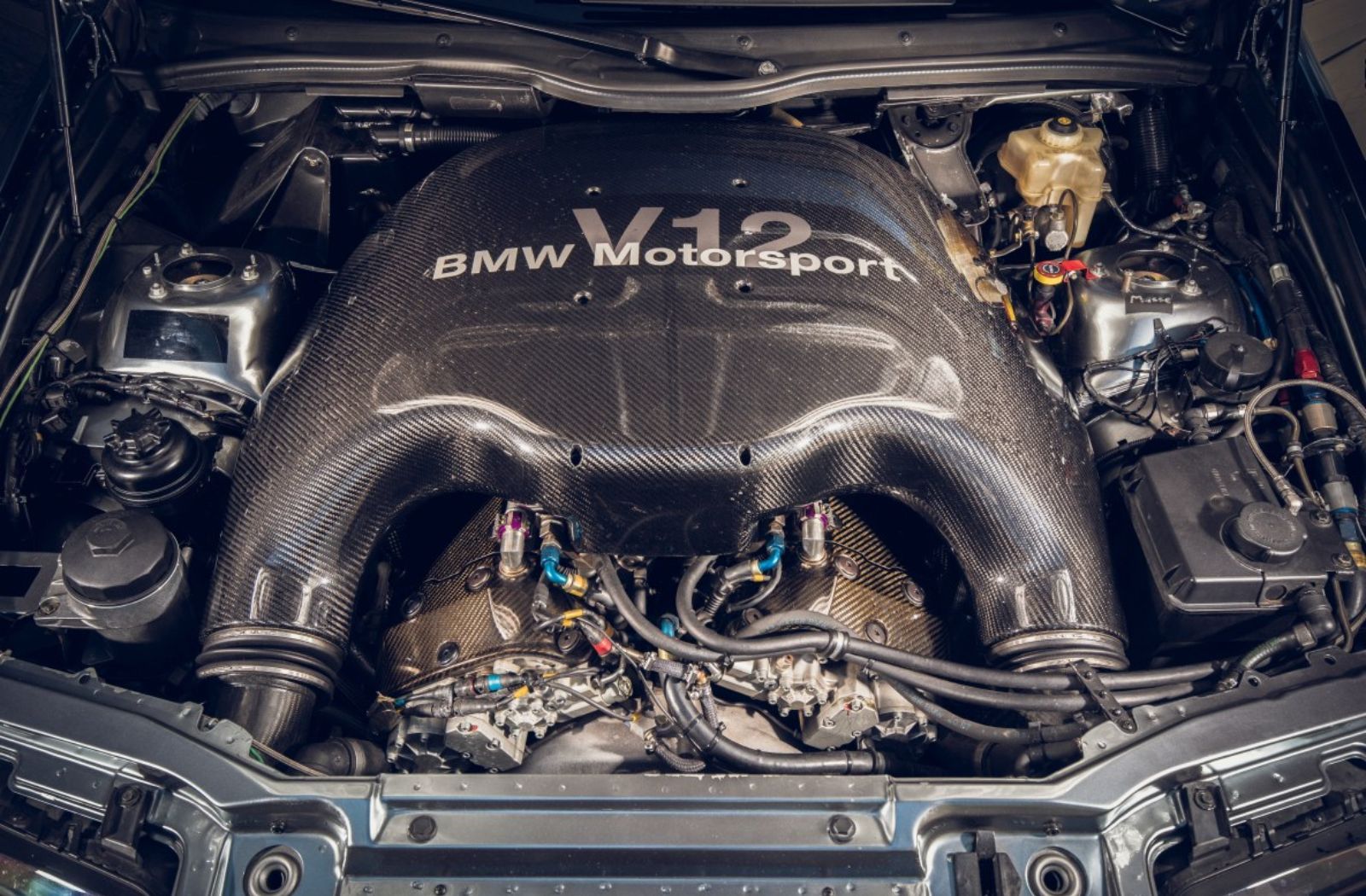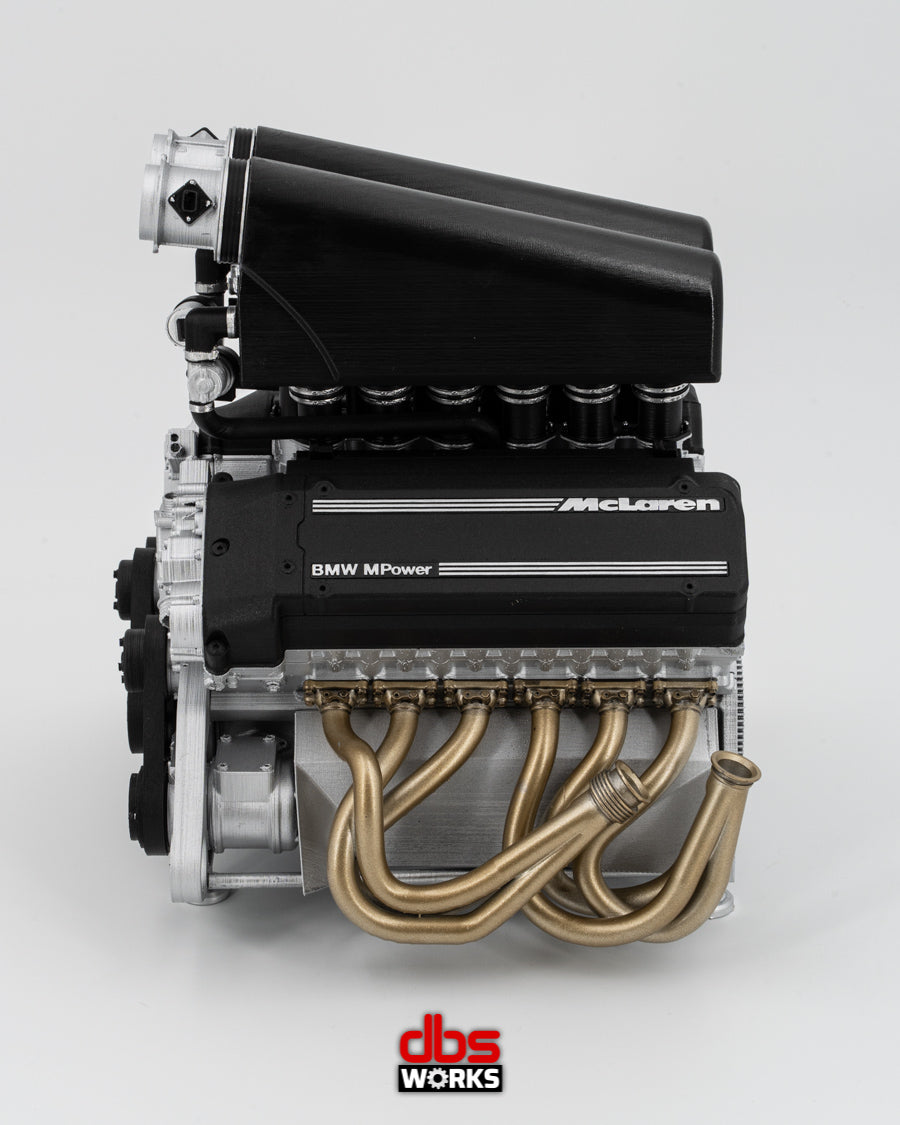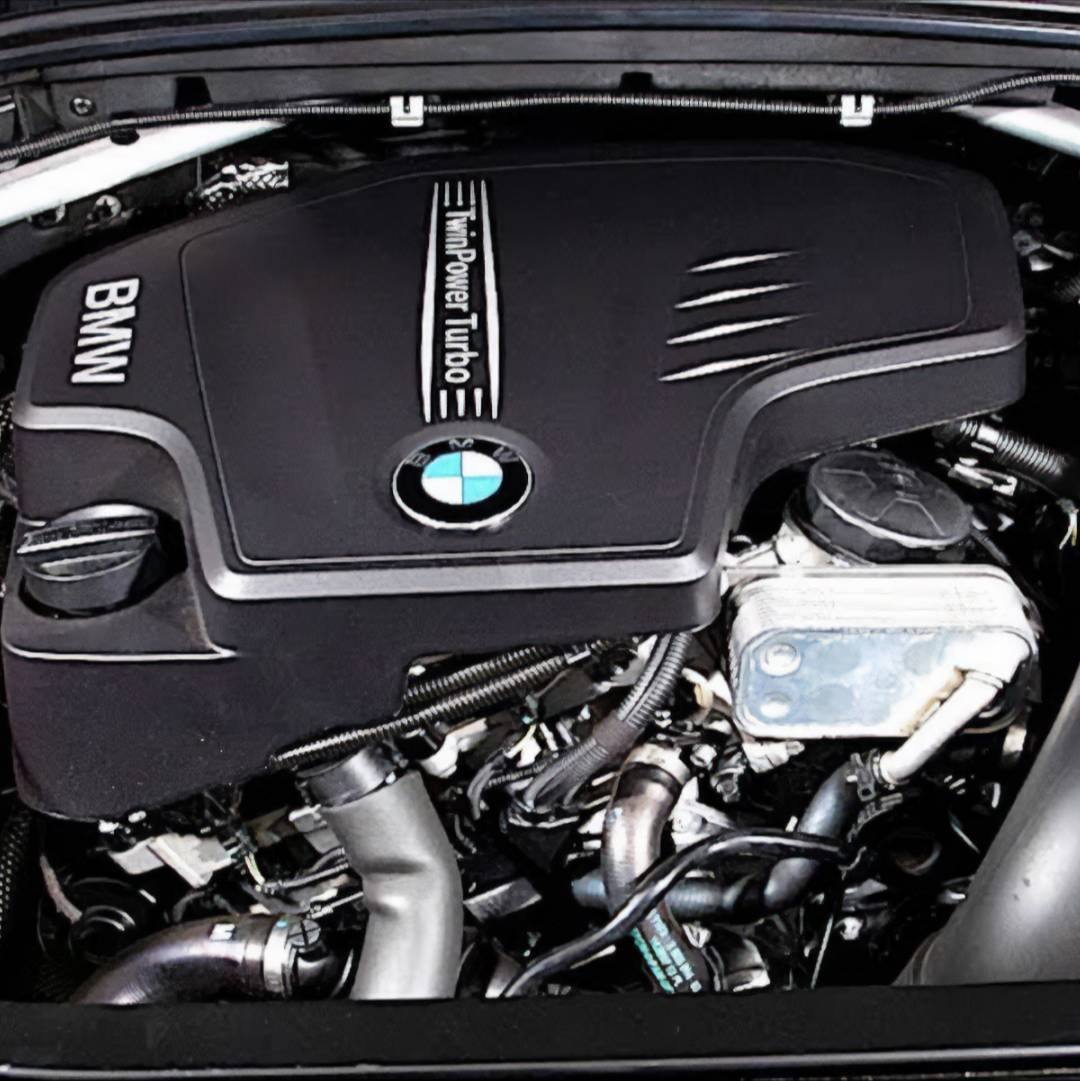Introducing the Intricacies of Next-Generation Power Units: a Deep Dive Into Advanced Engine Designs and Developments
In the world of auto engineering, the ruthless search of efficiency, efficiency, and sustainability has moved the evolution of power devices to extraordinary elevations. As we depend on the precipice of a brand-new era in transport, the complexities of next-generation engine designs bid us to explore the cutting-edge innovations and technologies that promise to redefine the driving experience. From advanced products that push the borders of longevity and weight decrease to innovative turbocharging and supercharging systems that boost power result to new levels, each part of these power systems holds an essential to opening the future of automotive design. Digging much deeper into the worlds of discharge control, intelligent engine monitoring systems, and the horizon of power system development, we find ourselves on the cusp of a makeover that guarantees to reshape the landscape of movement as we understand it.
Advancement of Engine Products

The change towards advanced engine products has additionally enabled engineers to make engines with higher power results while preserving fuel performance standards. The usage of light-weight products decreases the general weight of the engine, leading to boosted fuel economy and lower exhausts. In addition, advancements in products technology have actually permitted far better thermal management within engines, leading to increased dependability and longevity.
Turbocharging and Supercharging Technologies
How do Turbocharging and Supercharging Technologies transform engine efficiency and effectiveness in modern lorries? Turbocharging and turbo charging are modern technologies that substantially enhance engine performance by increasing the amount of air consumption into the combustion chamber. Turbocharging attains this by making use of a turbine driven by exhaust gases to pressurize the consumption air, while supercharging utilizes a belt- or chain-driven compressor to accomplish the same impact.
These innovations enable smaller, a lot more fuel-efficient engines to produce power comparable to larger ones, called downsizing. By requiring even more air right into the cyndrical tubes, turbo charging and turbocharging enhance burning effectiveness, resulting in increased horsepower and torque output without a considerable boost in engine dimension. This brings about far better velocity, hauling ability, and total driving efficiency.
In addition, turbocharging and supercharging add to improved gas effectiveness by permitting the use of smaller sized engines that take in much less fuel under typical driving problems - bmw engine. This combination of improved efficiency and efficiency has made turbocharging and supercharging indispensable components of lots of modern-day engine designs
Discharge Control and Environmental Influence
With increasing worldwide worries pertaining to air high quality and environmental sustainability, the application of emission control technologies in lorries plays a vital function in reducing harmful contaminants released right into the ambience. Modern lorries are equipped with advanced exhaust control systems that assist reduce the environmental effect of automotive procedures. Catalytic converters, for example, are created to convert toxic gases such as carbon monoxide gas, nitrogen oxides, and hydrocarbons into less hazardous materials like co2 and water vapor.
Moreover, advancements in engine technology, such as the combination of exhaust gas recirculation systems and selective catalytic reduction, have substantially added to decreasing exhausts. These technologies operate in tandem to enhance combustion efficiency and minimize the launch of damaging pollutants into the air. Additionally, the growth of crossbreed and electrical lorries stands for a vital step in the direction of decreasing the total ecological impact of the transportation market.
Intelligent Engine Monitoring Systems

In addition, these systems enable automobiles to meet stringent exhausts requirements without our website compromising efficiency, offering a much more environmentally friendly driving experience. The combination of artificial intelligence and machine knowing abilities in engine management systems continues to press the boundaries of what is feasible, resulting in additional enhancements in efficiency, reliability, and general vehicle efficiency. bmw engine. As automobile innovation advances, intelligent engine administration systems will play an essential function in forming the future of transportation in the direction of an extra lasting and efficient direction
Future Trends in Power Unit Advancement
As intelligent engine monitoring systems lead the method for enhanced control and optimization in modern cars, future patterns in power device growth are poised to redefine the landscape of automobile propulsion technologies. These different power resources supply boosted effectiveness and efficiency while lining up with strict ecological laws.
One more considerable fad is the combination of innovative products and manufacturing strategies. Light-weight materials such as carbon fiber and light weight aluminum are being utilized to decrease general vehicle weight, boosting fuel efficiency and efficiency. Furthermore, innovations in 3D printing and additive production are allowing the manufacturing of intricate engine elements with higher accuracy and durability.
In addition, expert system and maker learning are playing an important role in enhancing power device performance. These technologies enable for real-time monitoring and adaptive control, bring about a lot more reputable and effective power shipment. Overall, future fads in power system development are tailored in the direction of efficiency, effectiveness, and sustainability, driving the auto sector towards a new period of propulsion modern technologies.

Verdict
In final thought, the innovations in engine products, turbocharging, exhaust control, and smart administration systems have led the method for next-generation power devices. The intricate layouts and technologies in contemporary engines display the ongoing development of automotive modern technology.
Exploring the modern innovations in engine products has actually been pivotal in improving the performance and effectiveness of modern-day engines. Over the years, the development her comment is here of engine materials has actually played a crucial role in pressing the boundaries of what here engines can attain.The change towards advanced engine products has also allowed designers to create engines with higher power outputs while preserving gas efficiency criteria.The execution of intelligent engine administration systems in contemporary automobiles has revolutionized the way engines are managed and maximized for performance and effectiveness. By collecting data in real-time and assessing it with sophisticated algorithms, smart engine administration systems can adapt to driving styles, environmental factors, and engine wellness to take full advantage of power outcome while minimizing fuel consumption and discharges.